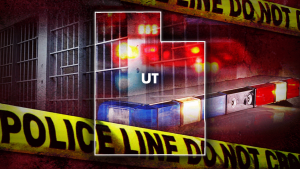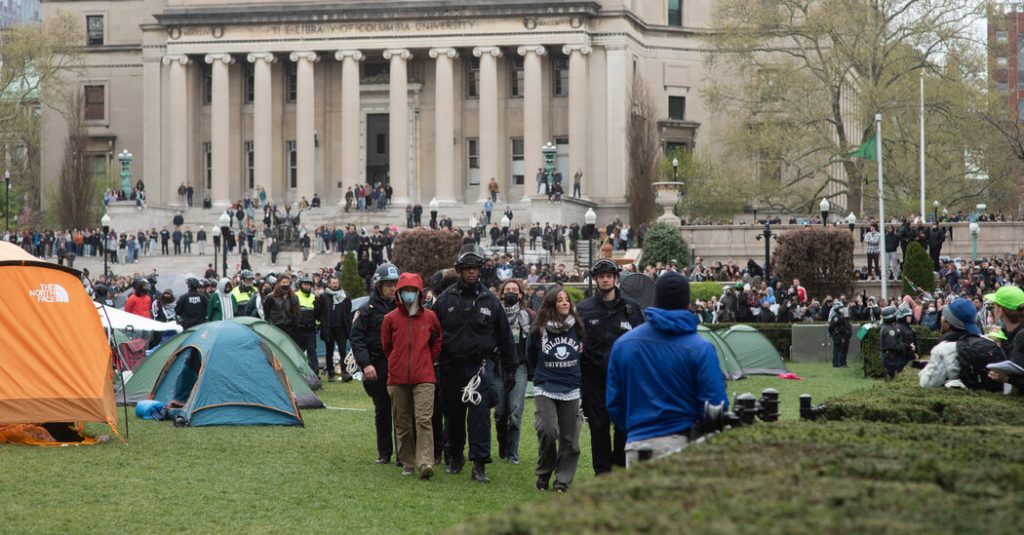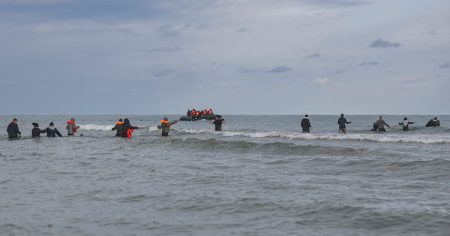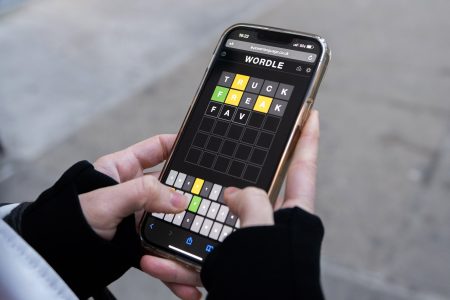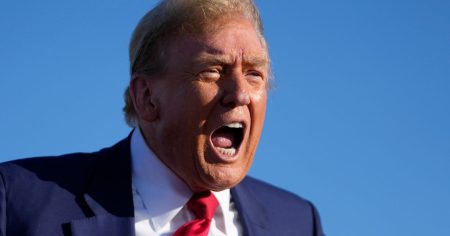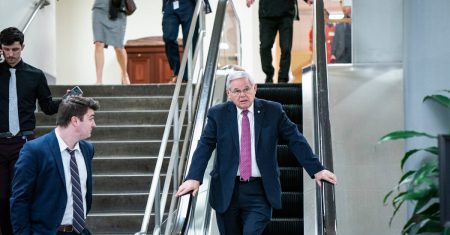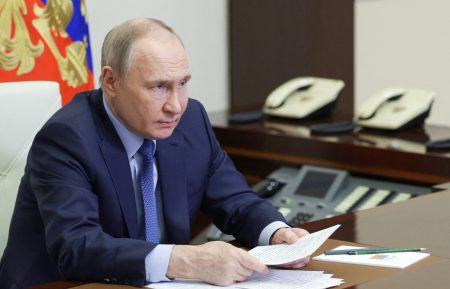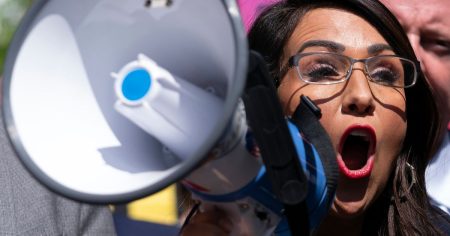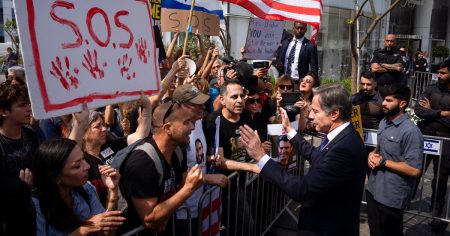In a move suggesting a milestone for campuses grappling with protests amid the Israel-Hamas conflict, more than 100 students were arrested at Columbia University following a decision by the school’s president to involve the police in dismantling a pro-Palestinian encampment. The encampment, known as the “Gaza Solidarity Encampment,” was seen as a response to past demonstrations that some Jewish people viewed as antisemitic. The decision raised questions about the effectiveness of such harsh tactics in managing campus unrest. Protesters warned that attempts to disband the encampment would only strengthen their resolve.
Swathed in riot gear, New York City police descended on the encampment of about 50 tents at Columbia, leading to the arrest of many protesters for trespassing. Among those arrested was Isra Hirsi, daughter of Representative Ilhan Omar. The university’s actions drew criticism from some, but Mayor Eric Adams supported the move, emphasizing that students do not have the right to disrupt learning and violate university policies. Barnard College, located across the street from Columbia, also issued interim suspensions to students involved in the encampment, prioritizing the safety and well-being of its community.
Columbia’s history of student activism has been marked by past incidents of police crackdowns, leading to reforms that favored student protests. The university has since prided itself on encouraging activism, but recent clashes have forced administrators to navigate tensions between free expression and the need to protect students from hostile rhetoric. Changes have been made to policies, such as limiting protests to certain areas and times. However, the situation remains volatile, with the federal government investigating bias claims at numerous schools.
Activists at Columbia continue to push for changes, such as divesting from Israel, resulting in heightened protests and a showdown with university administrators. The university issued warnings to protesters but ultimately resorted to arrests, drawing mixed reactions from the campus community. While some supported the crackdown, others saw it as an infringement on free speech. The university’s approach has become increasingly stringent following the recent conflict in Israel, leading to suspensions and firings of students involved in unauthorized events.
The university’s response to protests has sparked debates among students and faculty, with some criticizing the administration’s handling of the situation and alignment with Congressional pressures. The escalating tensions have highlighted the challenges faced by universities in managing protests and balancing competing interests. Columbia’s president, Nemat Shafik, has faced mounting pressure to address the unrest on campus, resulting in a more forceful approach that has stirred controversy.
Despite the removal of tents and arrests, protests persisted at Columbia, underscoring the ongoing tensions and unresolved issues surrounding the Israel-Hamas conflict that have roiled campuses nationwide. The clash between student activists and university authorities reflects broader debates over free speech, activism, and the limits of protest in educational settings. The aftermath of the arrests serves as a reminder of the complexities involved in navigating political tensions on college campuses and the ongoing struggle to find peaceful resolutions amidst heightened emotions and diverse viewpoints.

